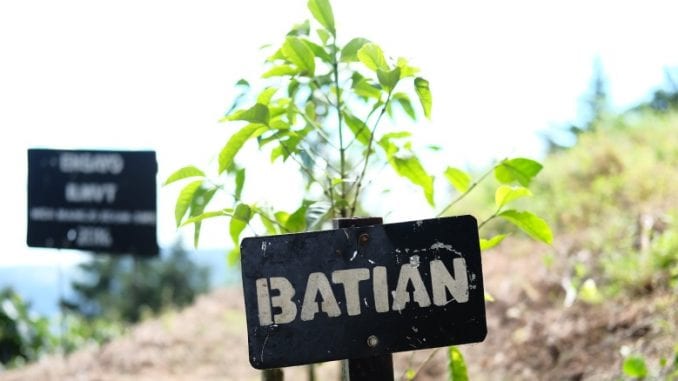
The new version adds information on 11 varieties from Africa, a detailed history of Arabica coffee’s global journey, and more.
BY CHRIS RYAN
BARISTA MAGAZINE ONLINE
Photos courtesy of World Coffee Research
Amid the threats to coffee’s future posed by climate change, disease and pests, and a host of other factors, coffee growers around the world are increasingly eager for information that can help them navigate these challenges.
World Coffee Research (WCR), a collaborative research and development organization, aims to provide this information to help foster a sustainable future for coffee. One of the key tools created by WCR to this end has been the Arabica Coffee Varieties catalog, which collects information on a range of coffee varieties to help farmers decide which varieties are best for their location and growing conditions.
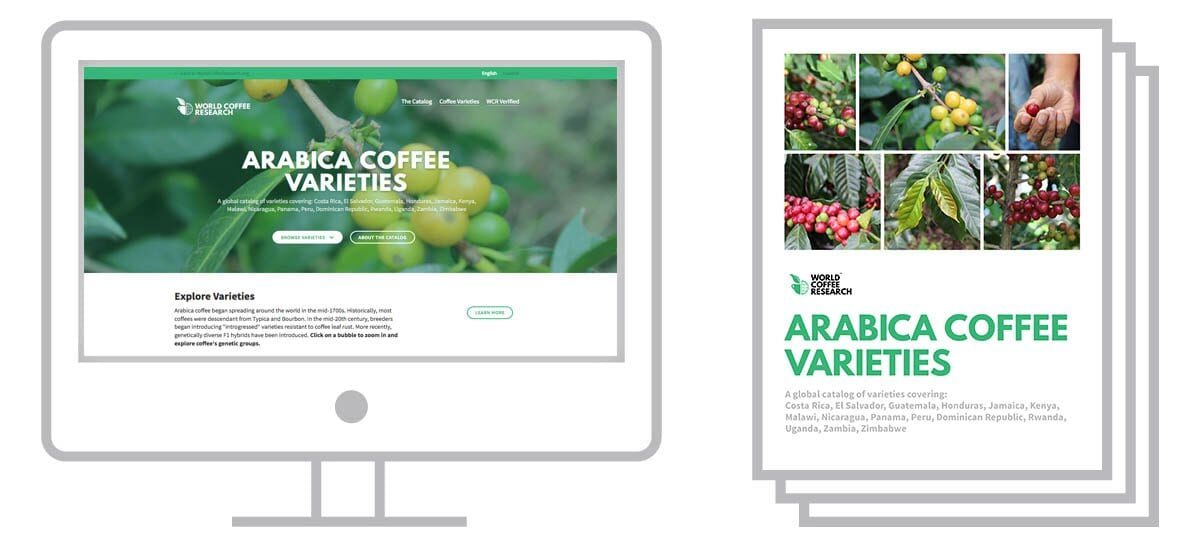
Last month, WCR expanded the catalog—which previously only covered varieties commonly found in and around Central America—to include varieties from six new countries: Kenya, Malawi, Rwanda, Uganda, Zambia, and Zimbabwe. The updated catalog contains 53 total varieties, with expanded histories for many of them, and introduces the following varieties: Bourbon Mayaguez 139, Bourbon Mayaguez 71, Jackson 2/1257, K7, KP423, SL28, Harrar Rwanda, Mibirizi, Nyasaland, Pop3303/21, SL14, SL34, Catimor 129, Batian, RAB C15, and Ruiru 11.
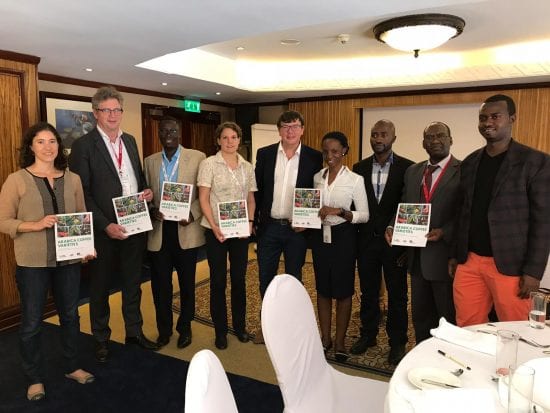
The catalog presents a breadth of information on each variety, from its key agronomic traits and appearance to its genetic background and whether it’s in the public domain. “We’re very proud to be expanding the catalog to include six African countries,” shares Christophe Montagnon, WCR’s scientific director and a lead author on the catalog, in a press release. “The catalog is a living document, and as we continue to expand its global reach, we hope it supports more and more farmers in one of the most difficult and important decisions they make for the long-term sustainability of their farms.”
The varieties catalog also includes information on which varieties are currently available through the World Coffee Research Verified program, which certifies coffee seed and nursery producers to improve the health, traceability, and genetic purity of coffee plants. (The program is currently available in Central America.)
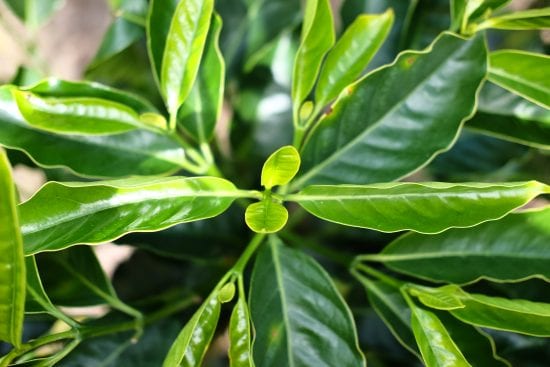
The expanded Arabica Coffee Varieties catalog includes an updated introduction with a detailed history of Bourbon and Typica. The catalog also includes revised information on the genetic groups for some varieties, confirmed through WCR DNA fingerprinting:
- Testing has confirmed that the SL34 and SL14 varieties—which were previously thought to descend from Bourbon—are actually from the Typica genetic group.
- DNA fingerprinting has shown that old Indian varieties known as Coorg and Kent are part of the Bourbon genetic group, and not Typica as was thought. This indicates the first seeds sent out of Yemen to India by Baba Budan in 1670 likely included both the Bourbon and Typica groups, and not only Typica as was previously thought. This may mean the Typica branch separated from Bourbon when the Dutch brought seeds in 1696 and 1699 from India (not from Yemen, as is often told).
“It’s pretty exciting to discover new information hundreds of years later that rewrites what we thought we knew about coffee’s global journey and the family story of Arabica,” says Hanna Neuschwander, WCR’s communications director. “It’s thrilling to see the genetics revolution, which is reshaping our world in all sorts of ways, applied to the story of coffee.”
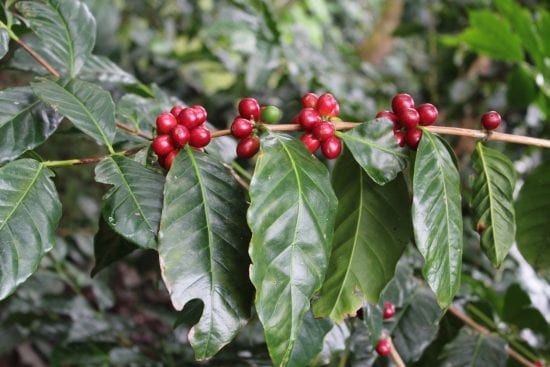
To create the varieties catalog, WCR worked with coffee experts from across Central America and Africa, with funding from USAID and UTZ/Rainforest Alliance. The catalog is the result of visits to 16 countries and interviews with nearly 180 people from more than 100 private and public bodies involved in the national or regional coffee sectors of Central America, the Caribbean, and Africa.
Check out the interactive Arabica Coffee Varieties catalog here and the print version here. For more information on World Coffee Research and its range of initiatives, check out the organization’s website.

